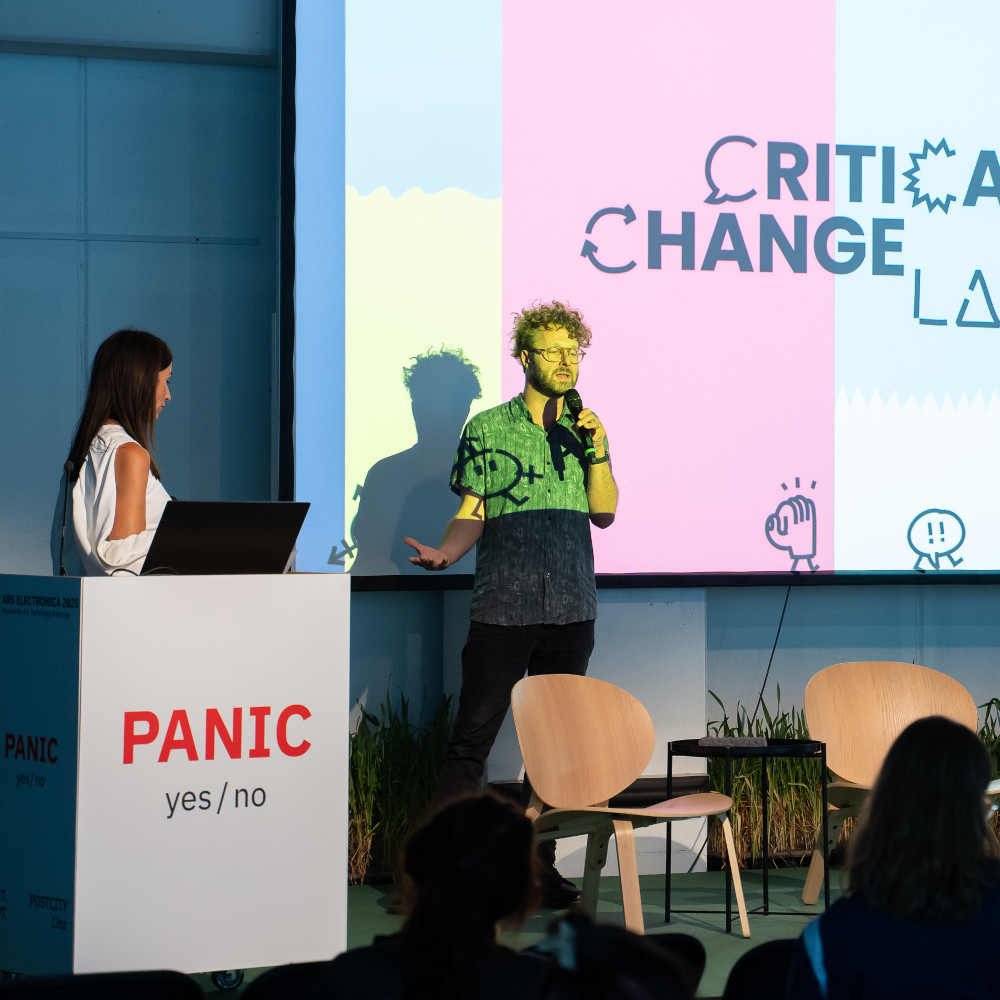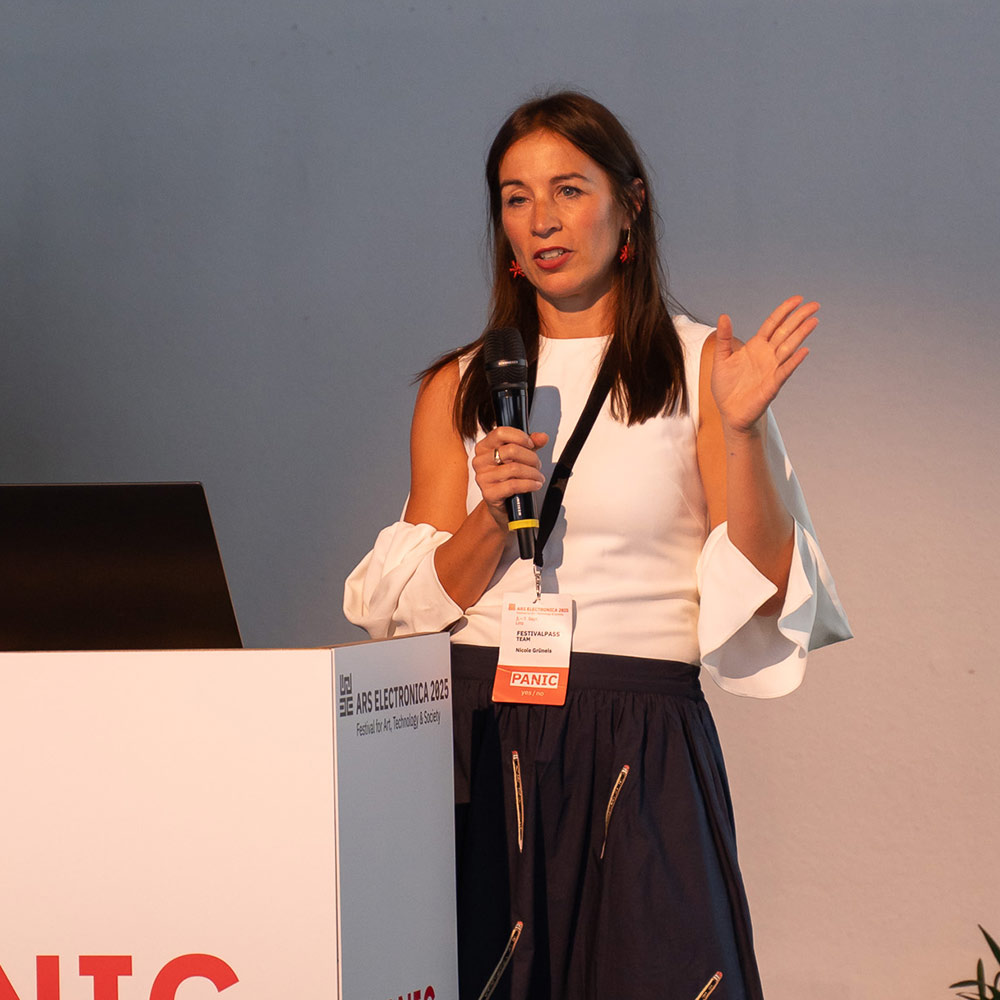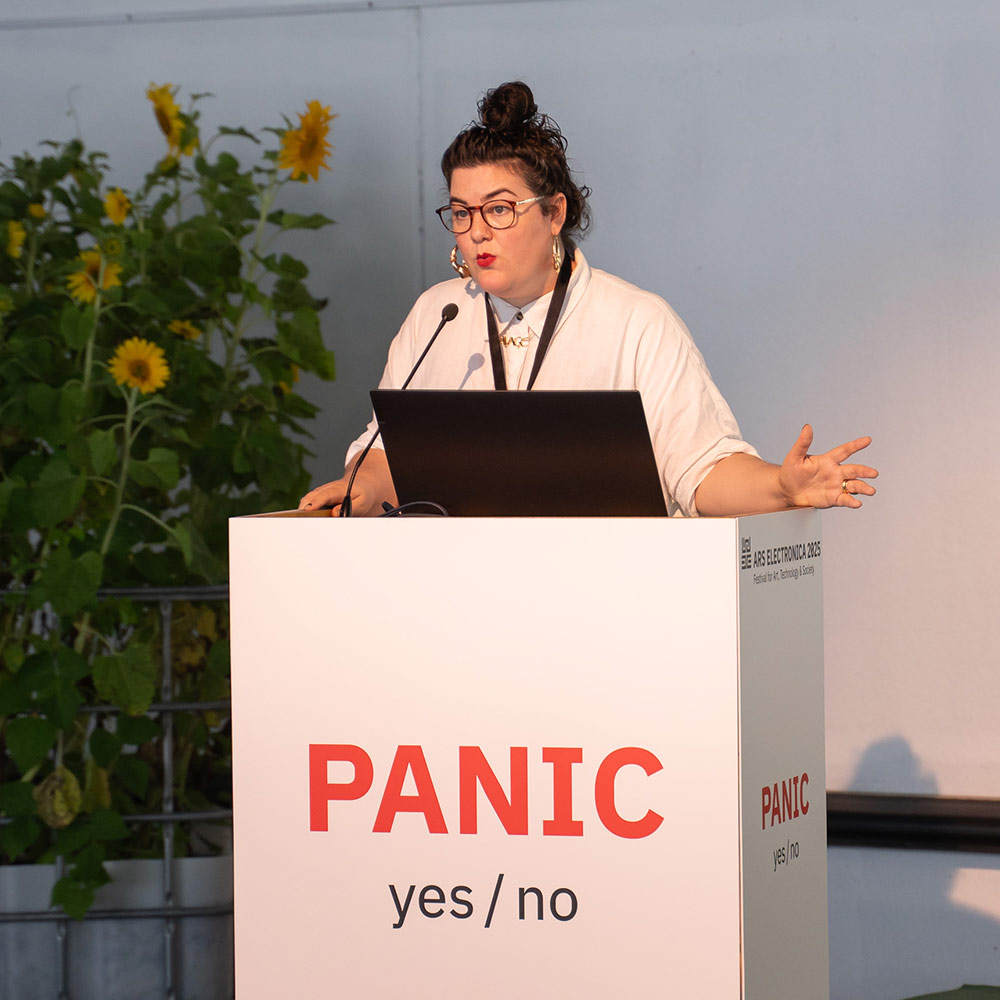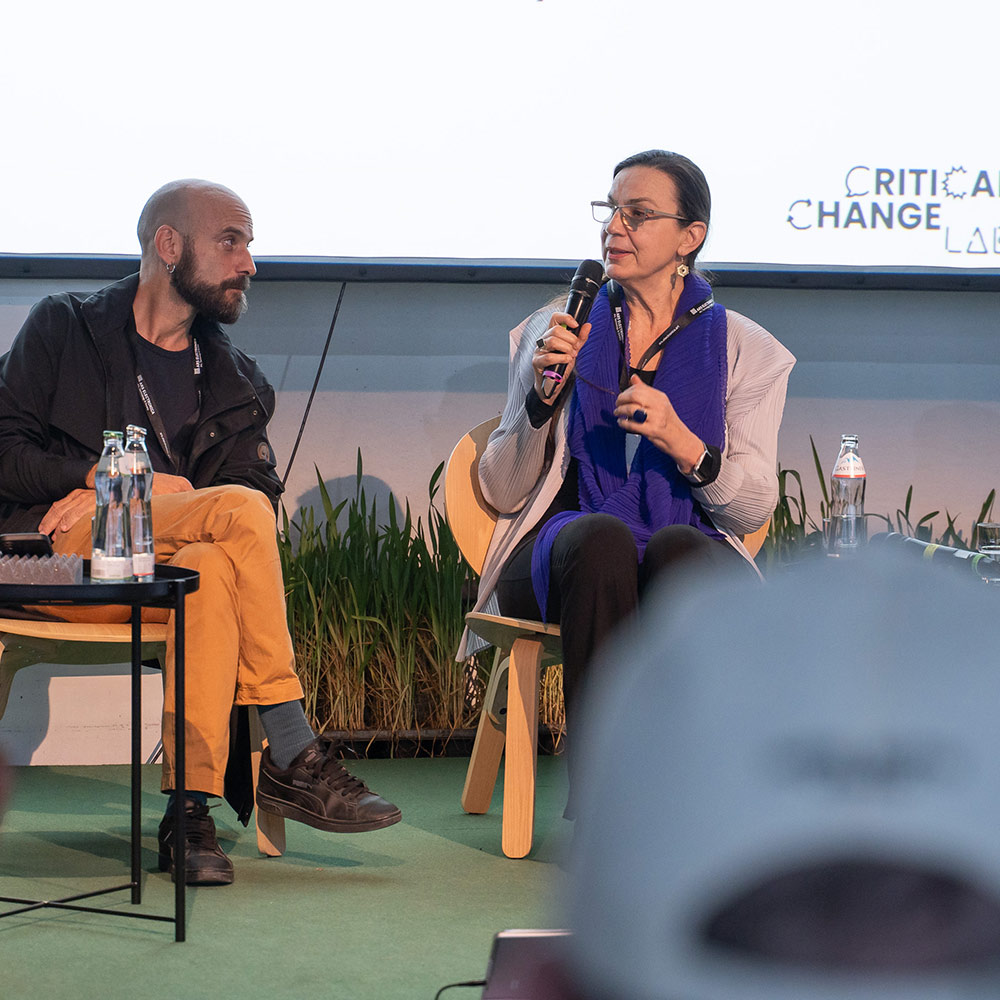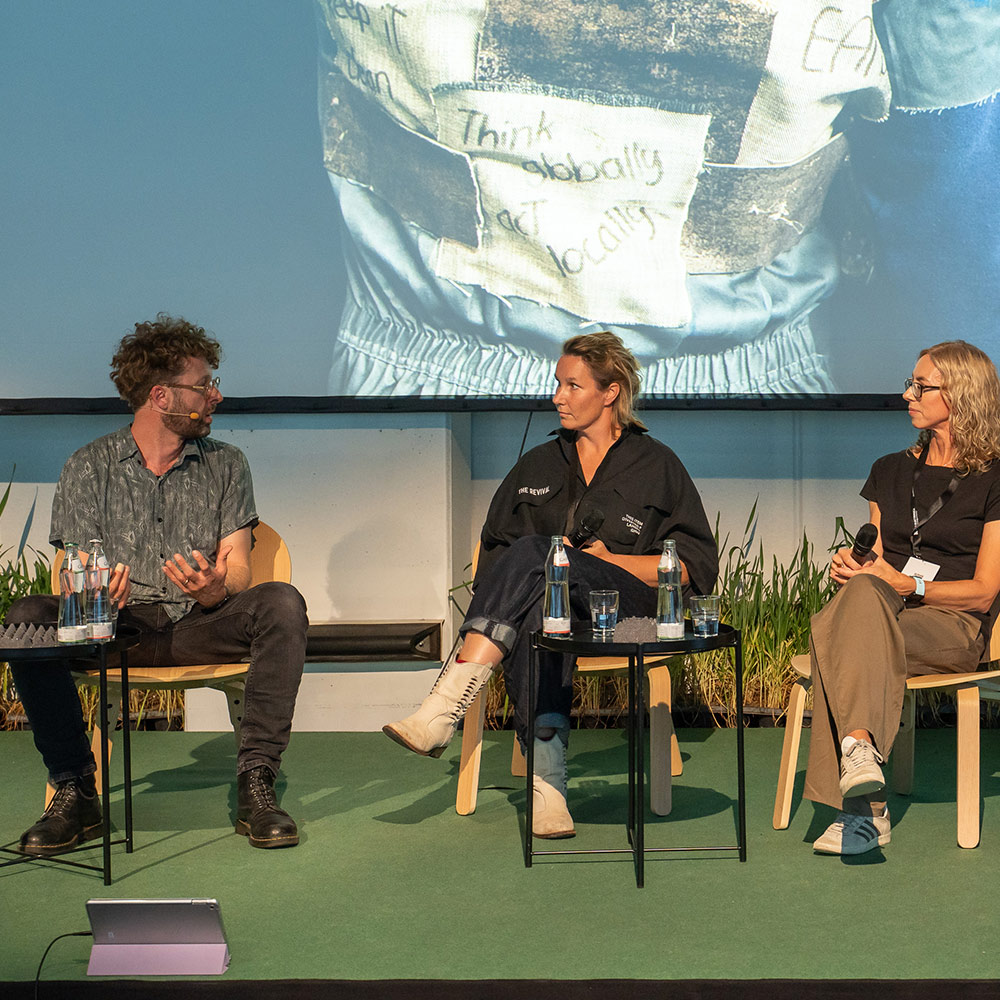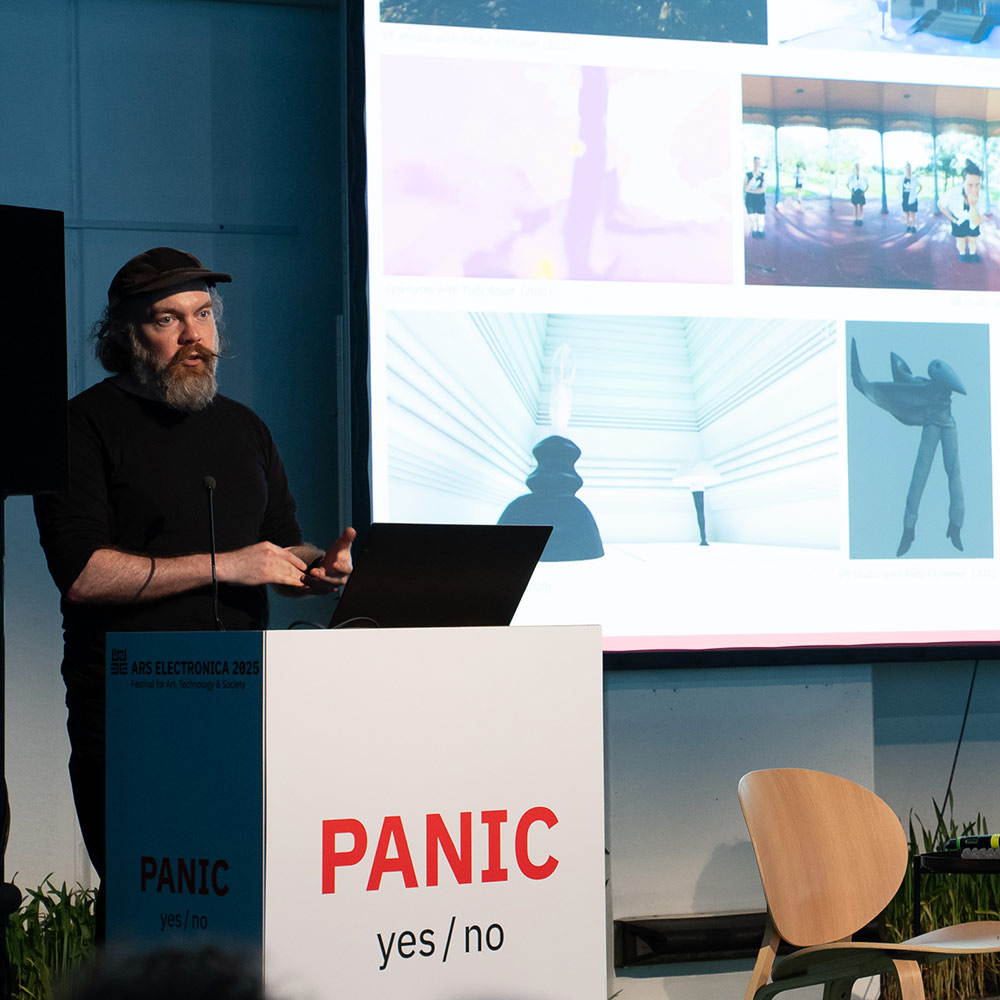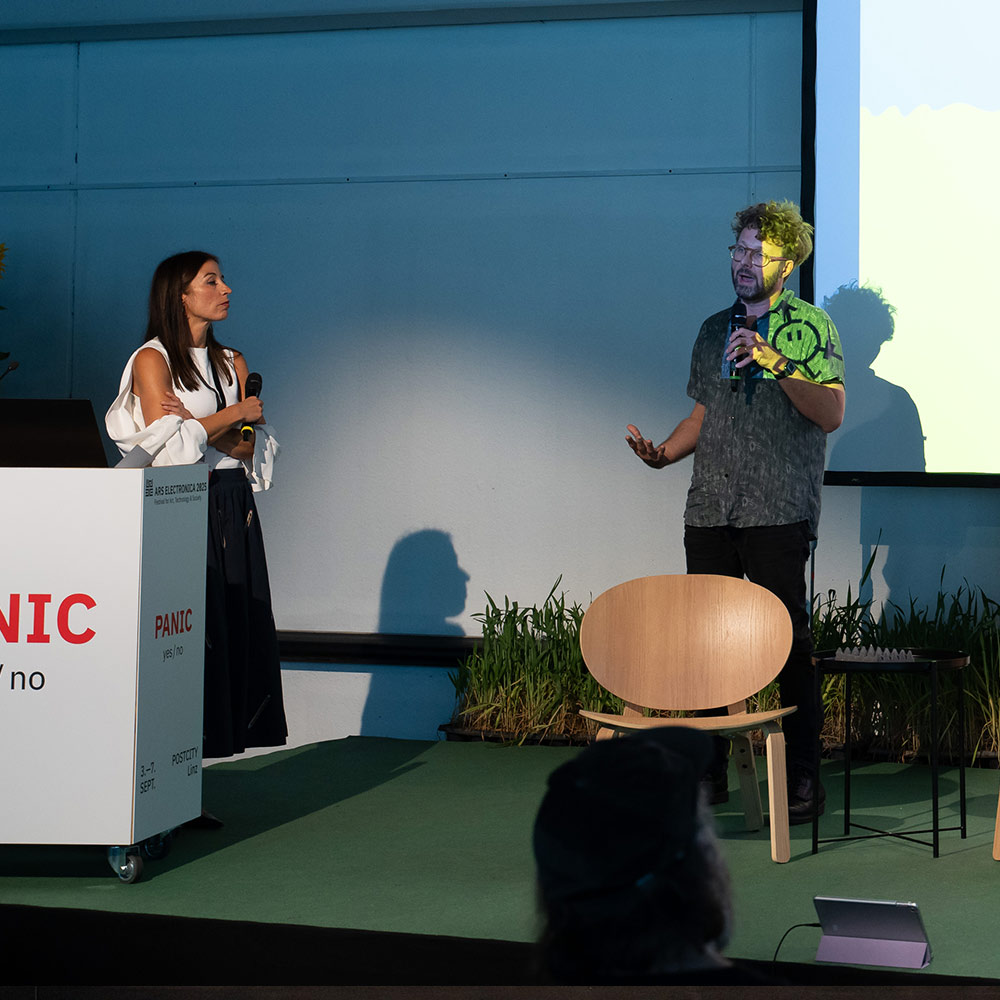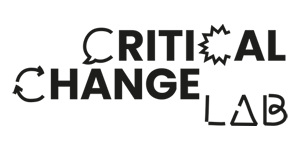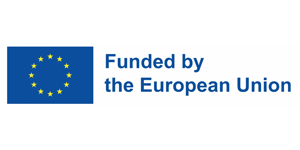Museums, makerspaces, and other cultural institutions have long been seen as spaces of learning and wonder—but in today’s rapidly shifting political, environmental, and technological landscape, they are becoming something more: frontline sites of democratic education.
This session explores how non-formal learning spaces can act as agile civic platforms—where young people don’t just receive knowledge but actively question, imagine, and create alternatives to the systems shaping their lives. From co-designed climate labs to narrative workshops on care and justice, non-formal learning environments are increasingly hosting youth-led interventions that foster agency, reflection, and community.
Yet despite their reach and creative potential, non-formal institutions remain underrecognized in education policy across Europe. Current frameworks undervalue the critical literacies they cultivate—especially in relation to democratic participation and social transformation.
The speakers will make the case for a new policy paradigm: one that invests in non-formal education as a democratic infrastructure. They will call for targeted funding, cross-sector partnerships, and structural recognition that goes beyond outreach and inclusion—toward active co-creation of democratic futures with youth.
As trust in institutions falters, these spaces may hold the key to reconnecting young people to public life—not through slogans, but through shared practice, creative resistance, and care.
